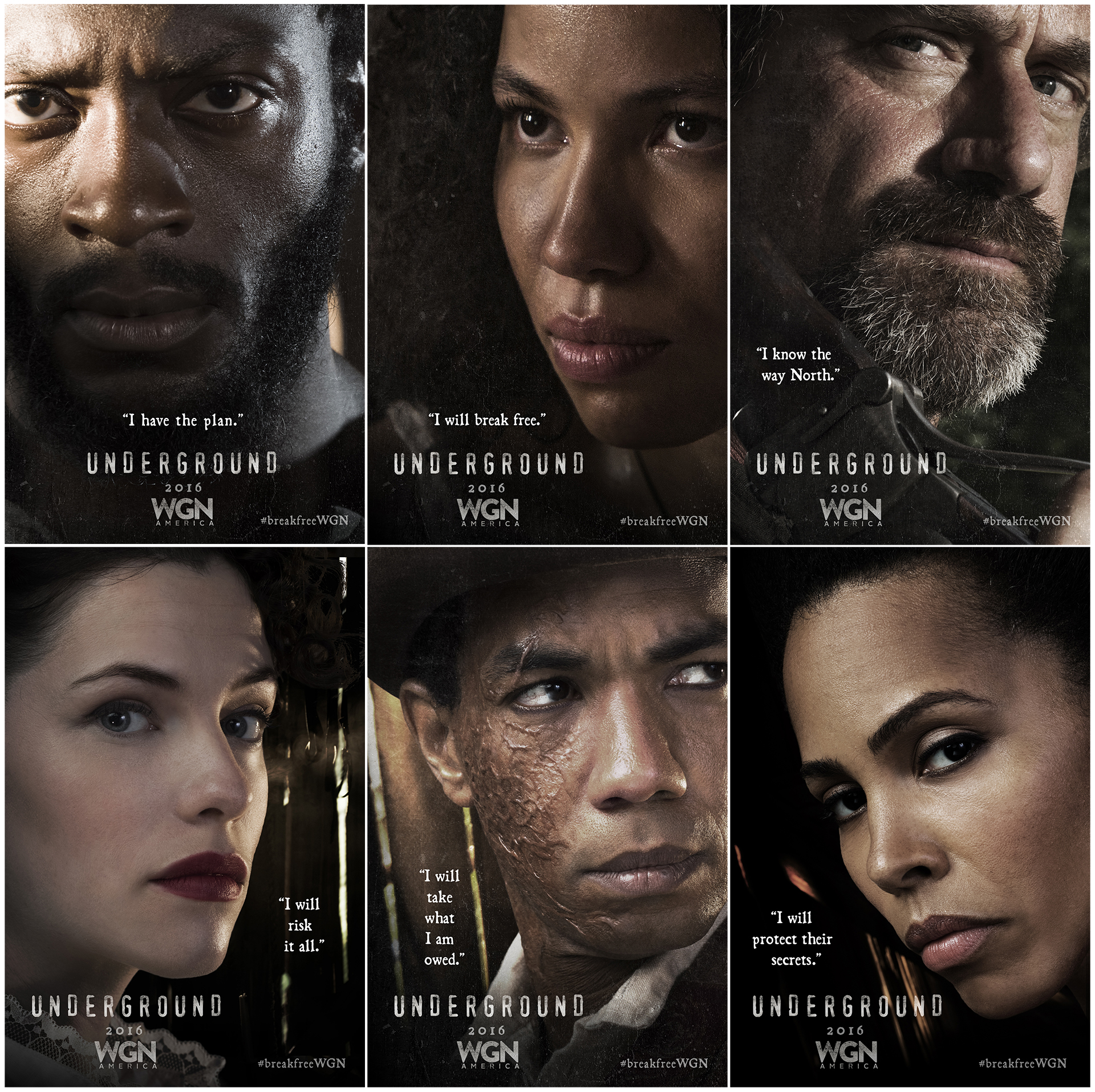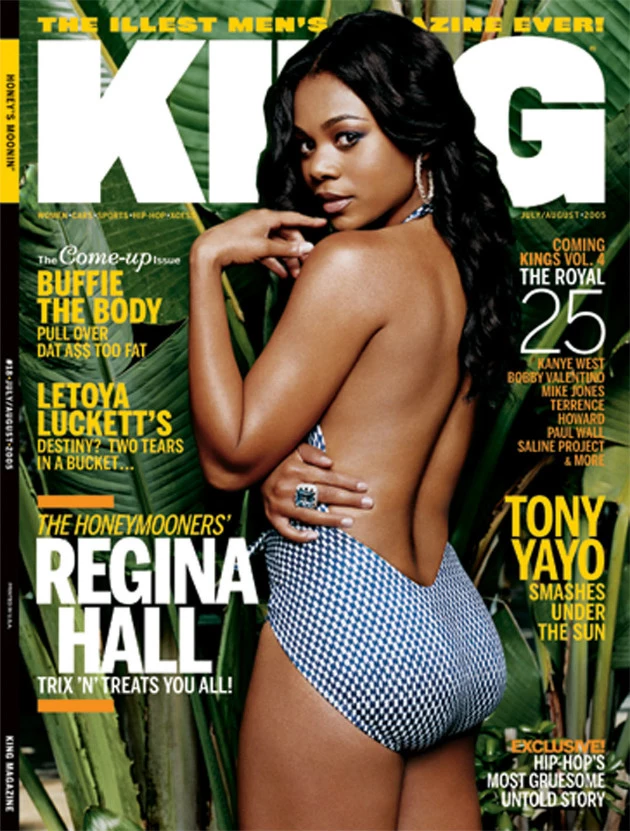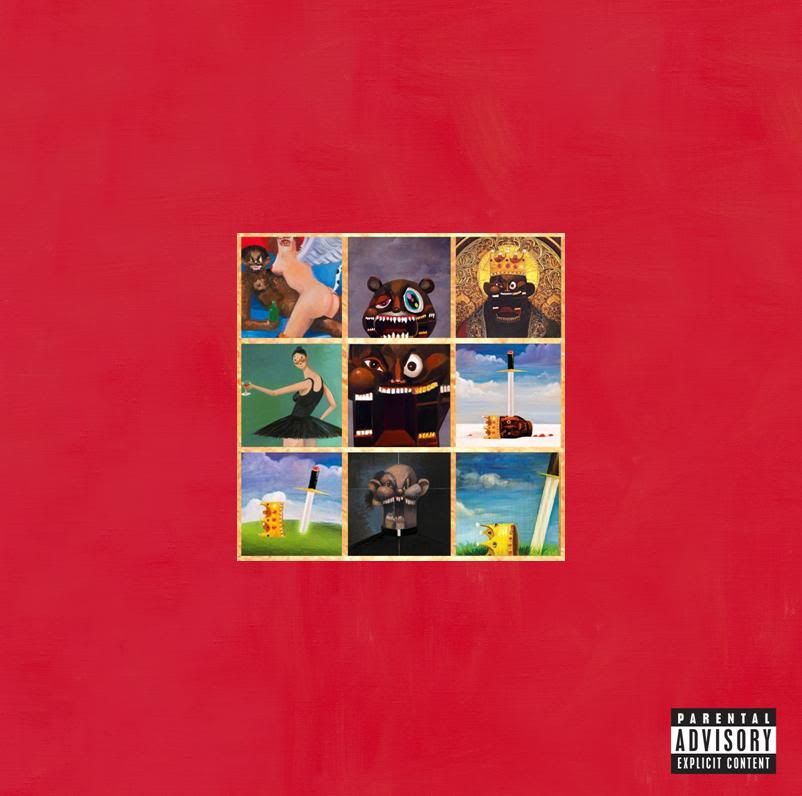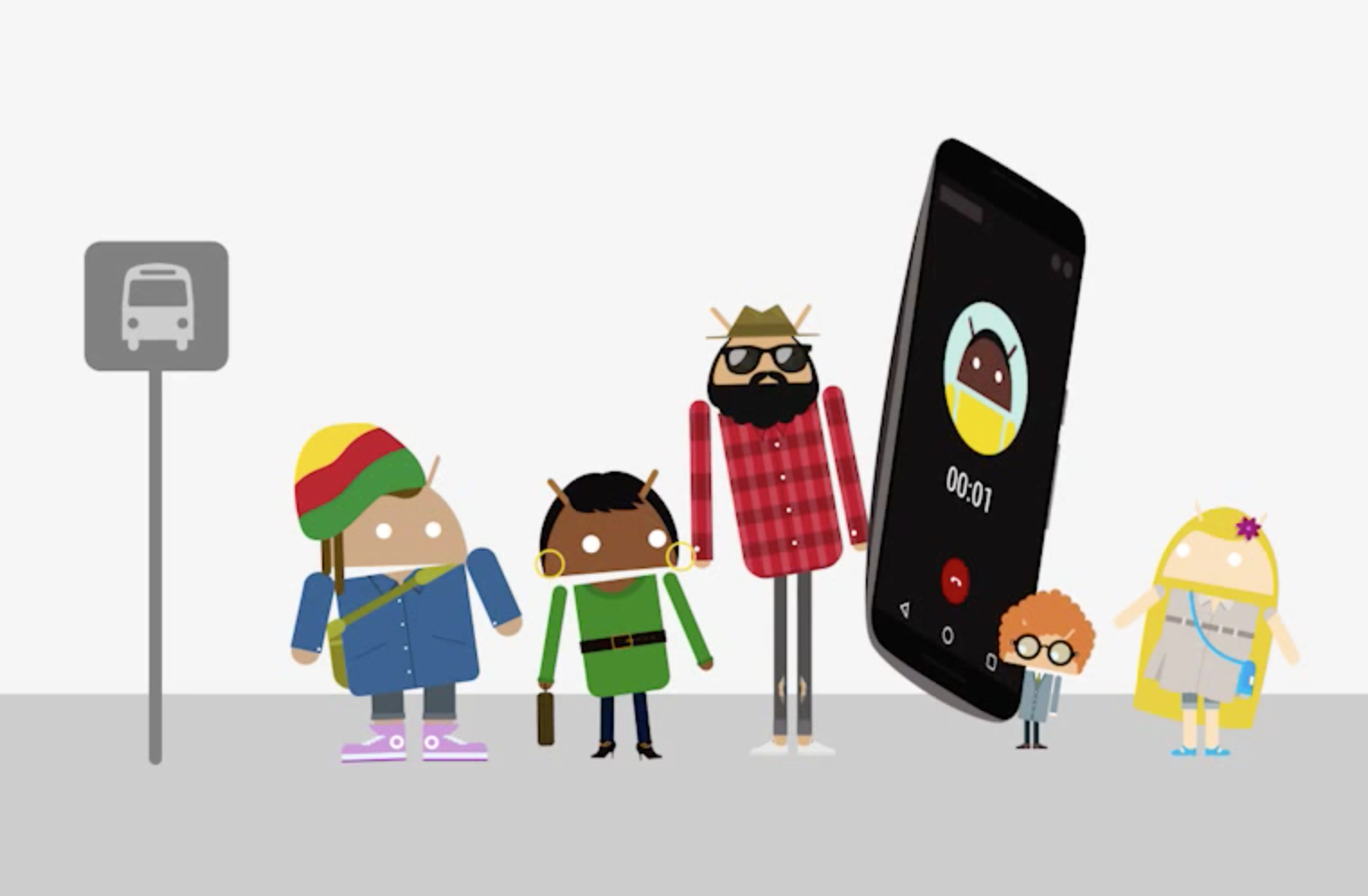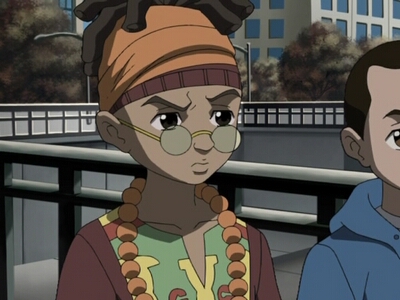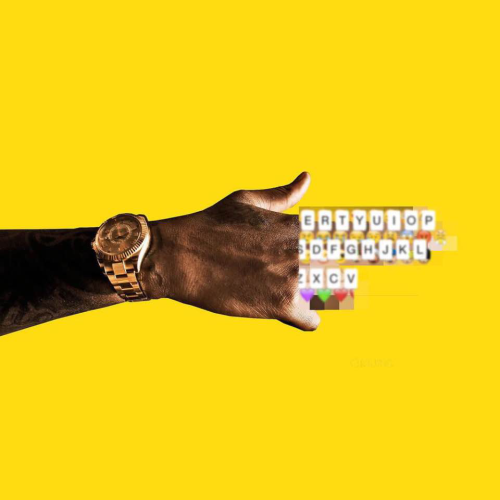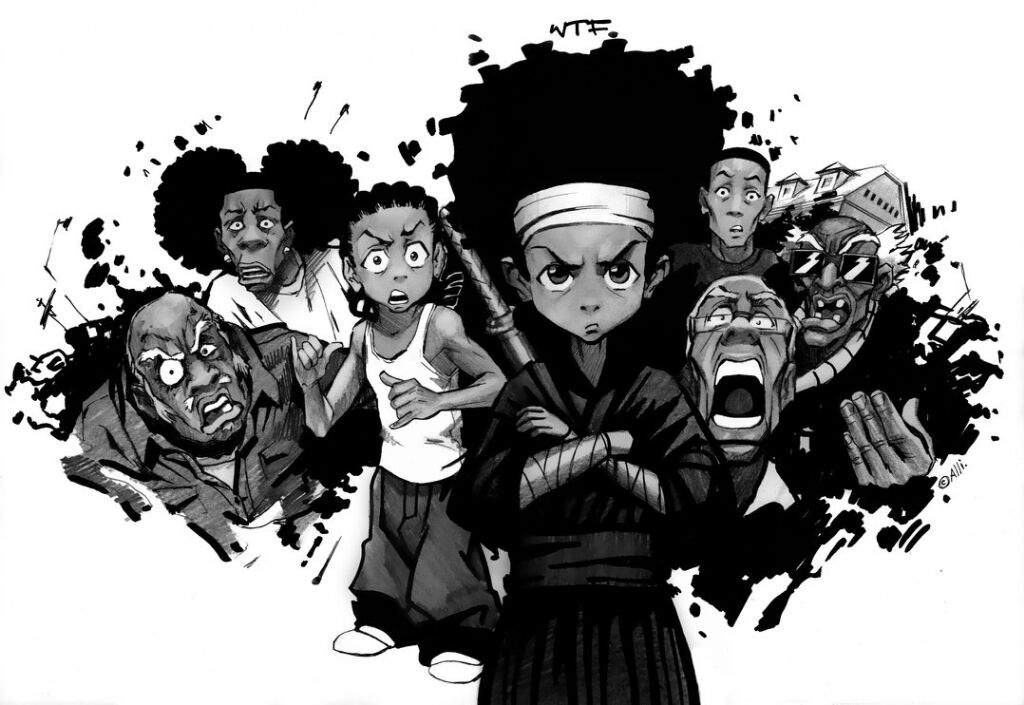Today's interview, it's one that's been a goal of mine for years. When I began recording again in 2012, 2013, one of the artists I vibed with was Open Mike Eagle. I loved the aesthetic he went for and championed his work. Around the time of Death of the King, when a couple people, when they heard my stuff, compared the vibes to the "art-rap" aficionado. I was honored by that; getting placed with your favorite artists is pretty humbling, regardless if it's from one person or twenty million.
As the SpeedontheBeat.com site blossomed and my own confidence in things grew, I decided to do what any self-respecting artist would. I set out to interview the Chicago-born, LA-based artist, podcaster, and NIH contributor. Eagle's latest album, Hella Personal Film Festival, sees him team up with British producer Paul White to "break down the banalities and perils of the modern condition" over a "psychadelic strain of soul-funk, booming drums, and 21st century crate-digging in tropical attics of the imagination." If that doesn't get you hyped for this, I don't know what will. Before we begin, I want to give a huge shoutout to Stephanie Weiss for her help in making this happen.
Speed: Instead of going through the “where did you get your start”/”who are your influences” questions, I want to know where the idea came about to work with the NIH regarding brain activity and freestyling?
Open Mike Eagle: A collaborator of mine named Daniel Rizik-Baer had noticed that the NIH had conducted research attempting to analyze the brain activity of people improvising on piano. He thought they might be interested in conducting the same study with freestyle rap instead. They were interested so they brought us in for a pilot study. Daniel and myself were the first humans to freestyle in an FMRI machine. We also ended up co-authoring the proper study.
Speed: Was it difficult to drop bars knowing that it was FOR SCIENCE?
OME: Nah. It was just difficult to keep my body and head perfectly still while attempting to rap. Never knew how much my brain depended on my body to be the metronome.
Speed: Has there been/will there be a follow-up study?
OME: [I'm] not sure if there needs to be one.
Speed: Hm, how come?
OME: I feel like they got the info they were looking for in terms of which areas of the brain are active and inactive during the ‘flow’ state.
Speed: "Flow state?"
OME: Their term, not mine (Ed. Note: If you're interested in reading this study, check it out here).
Speed: Mike, do you find the term “underground” to be limiting to the way people look at you?
OME: Nah it's just an old, dumb term; it doesn't apply the current economy. I think it's more accurate to call me "indie," or "alt" or something. "Underground" implies some DIY aesthetic or opposition to being heard that I don't have.
Speed: You put it like that and no artist should really want to be "underground," at least in the old way of thinking about the label. So, I’ve mentioned your style and presentation as being a heavy influence on my own. For those who are a bit unaware, could you explain a bit more about the “art rap” genre? Is there any set “specification” as to what qualifies as “art rap?”
OME: Yeah, the creator just needs to feel free to move how they want to move. [That means] either [being] free of the expectations of others or free to move in and out the influence of others’ expectations with awareness and will. Most of all, it's work that recognizes the value of one’s own individual experience and puts that front and center.
Speed: Can the philosophy be applied to any genre and present a similar result?
OME: I think so, yeah. I feel akin to certain filmmakers and writers and painters and magicians and pro wrestlers--anyone with a craft, really. That's especially (Ed. Note: emphasis added) if that craft involves selling work to the public. Creators that approach the work in this fashion are the ones I tend to gravitate to most.
Speed: True. I feel we’re moving more and more away from “traditional” rap with every track dropped, regardless the artist. With that in mind, can/will the “alternative” become the norm, specifically within hip-hop?
OME: I think it is now. The top guys are all weirdos now. Kanye is a weirdo, Drake is sensitive and that's not weird...but it's never been something embraced at that level. Young Thug is super weird. expression is where it's at right now. If you look back through rap history, pop-rap used to be dancy trash with no skill involved. All the top guys now are weird and have to be able to rap well. [That's] thank[s to] Lil' Wayne, probably.
Speed: What do you say to up-and-coming underground artists who want to make their own niche-centric mark on “the game?”
OME: You'd have to unpack that question for me some.
SOTB: Fair. Well, what would you tell someone who does music?
OPM: With how it looks right now? I’d tell that person to stop. That goal [making their own niche-centric mark] seems too lofty for someone without a lot of money. All anyone can really do is try to put out work on the highest platform available and see what the humans do with it. Maybe that leads to that "niche-centric mark," maybe it leads to quitting. It's sort of hard to say.
Speed: True. It does depend on the person and the reception a lot of the times. Do you feel there's one artist and/or one producer you need to work with to feel completed, career-wise, or do you feel that you'll never be finished?
OME: I’ll never be done. I need to work with Prince Paul and DOOM, though. And then I need to be on WWE Raw, for some reason.
Speed: I mean, that's always a pretty good goal. Plus, I know you'd take Bo Rida to school (Ed. Note: Bo Rida was a parody persona adopted by WWE Superstar Bo Dallas in a rap battle with Flo Rida). But, where was your head at when working on your upcoming album Hella Personal Film Festival? Like, on the song “Check To Check” from the album, there was a sort of calmed anger underlying the track. It feels like a continuance of [2014's] Dark Comedy, but...something different at the same time.
OME: It was in a dark, sweet place. In some fantasy marsh land in one of the bathrooms in Willy Wonka’s house.
Speed: Getting away from the music, will we get a second season of "Conversation Parade?" Or is it still a limited series? (Ed. Note: "Conversation Parade" is a podcast OME co-hosts which covers the animated series Adventure Time)
OME: There were two seasons already. A third is likely.
Speed: And now I've gotta revisit season two. Blame One-Punch Man for taking most of my time over the past year or so. But, on that note, what are your top five AT episodes?
OME: "You Forgot Your Floaties,""I Remember You,""The Lich,""The Comet," and "Evergreen."
Speed: Sweet list. I remember someone on Twitter asked you about another series, Steven Universe. Have you gotten to resample it yet? If so, have you been able to get into it?
OME: I've tried it a bunch. I like it, but something about it keeps me from investing in the way that people keep expecting me too. Maybe I just haven't gotten a handle on the story yet.
Speed: I get that, especially your comment about the story; I got into it myself heavy after my mom died, so I'm admittedly biased towards it. But, do you feel that cartoons can be used to discuss more complex topics, such as race, body positivity, etc. because they don't have to shoehorn in these topics as much?
OME: Yeah, man. It's a completely open forum, so there’s nothing stopping a cartoon from addressing any issue. Just depends on the willingness of the creators and the possibilities provided by the distribution platform.
Speed: Let's get political! With the presidency up for grabs, who do you feel would be best equipped to lead? Or do you feel that the choices this year aren't really that impressive as a whole?
OME: Me. Yeah, they all suck. Except Bernie. So, he should be my vice president.
Speed: What can we expect from Open Mike Eagle in the next few months/years, aside from continuing to kick ass musically?
OME: Lots of tweets, Tumblr posts, quiet freak-outs, and sweaty hugs.
Speed: Do you have any final shout outs to anyone?
OME: Shoutout to Paul White. Go get the album he and I just made.
Check out Hella Personal Film Festival on iTunes and via the Mello Music Group Bandcamp page.
As the SpeedontheBeat.com site blossomed and my own confidence in things grew, I decided to do what any self-respecting artist would. I set out to interview the Chicago-born, LA-based artist, podcaster, and NIH contributor. Eagle's latest album, Hella Personal Film Festival, sees him team up with British producer Paul White to "break down the banalities and perils of the modern condition" over a "psychadelic strain of soul-funk, booming drums, and 21st century crate-digging in tropical attics of the imagination." If that doesn't get you hyped for this, I don't know what will. Before we begin, I want to give a huge shoutout to Stephanie Weiss for her help in making this happen.
Speed: Instead of going through the “where did you get your start”/”who are your influences” questions, I want to know where the idea came about to work with the NIH regarding brain activity and freestyling?
Open Mike Eagle: A collaborator of mine named Daniel Rizik-Baer had noticed that the NIH had conducted research attempting to analyze the brain activity of people improvising on piano. He thought they might be interested in conducting the same study with freestyle rap instead. They were interested so they brought us in for a pilot study. Daniel and myself were the first humans to freestyle in an FMRI machine. We also ended up co-authoring the proper study.
Speed: Was it difficult to drop bars knowing that it was FOR SCIENCE?
OME: Nah. It was just difficult to keep my body and head perfectly still while attempting to rap. Never knew how much my brain depended on my body to be the metronome.
Speed: Has there been/will there be a follow-up study?
OME: [I'm] not sure if there needs to be one.
Speed: Hm, how come?
OME: I feel like they got the info they were looking for in terms of which areas of the brain are active and inactive during the ‘flow’ state.
Speed: "Flow state?"
OME: Their term, not mine (Ed. Note: If you're interested in reading this study, check it out here).
Speed: Mike, do you find the term “underground” to be limiting to the way people look at you?
OME: Nah it's just an old, dumb term; it doesn't apply the current economy. I think it's more accurate to call me "indie," or "alt" or something. "Underground" implies some DIY aesthetic or opposition to being heard that I don't have.
Speed: You put it like that and no artist should really want to be "underground," at least in the old way of thinking about the label. So, I’ve mentioned your style and presentation as being a heavy influence on my own. For those who are a bit unaware, could you explain a bit more about the “art rap” genre? Is there any set “specification” as to what qualifies as “art rap?”
OME: Yeah, the creator just needs to feel free to move how they want to move. [That means] either [being] free of the expectations of others or free to move in and out the influence of others’ expectations with awareness and will. Most of all, it's work that recognizes the value of one’s own individual experience and puts that front and center.
Speed: Can the philosophy be applied to any genre and present a similar result?
OME: I think so, yeah. I feel akin to certain filmmakers and writers and painters and magicians and pro wrestlers--anyone with a craft, really. That's especially (Ed. Note: emphasis added) if that craft involves selling work to the public. Creators that approach the work in this fashion are the ones I tend to gravitate to most.
Speed: True. I feel we’re moving more and more away from “traditional” rap with every track dropped, regardless the artist. With that in mind, can/will the “alternative” become the norm, specifically within hip-hop?
OME: I think it is now. The top guys are all weirdos now. Kanye is a weirdo, Drake is sensitive and that's not weird...but it's never been something embraced at that level. Young Thug is super weird. expression is where it's at right now. If you look back through rap history, pop-rap used to be dancy trash with no skill involved. All the top guys now are weird and have to be able to rap well. [That's] thank[s to] Lil' Wayne, probably.
Speed: What do you say to up-and-coming underground artists who want to make their own niche-centric mark on “the game?”
OME: You'd have to unpack that question for me some.
SOTB: Fair. Well, what would you tell someone who does music?
OPM: With how it looks right now? I’d tell that person to stop. That goal [making their own niche-centric mark] seems too lofty for someone without a lot of money. All anyone can really do is try to put out work on the highest platform available and see what the humans do with it. Maybe that leads to that "niche-centric mark," maybe it leads to quitting. It's sort of hard to say.
Speed: True. It does depend on the person and the reception a lot of the times. Do you feel there's one artist and/or one producer you need to work with to feel completed, career-wise, or do you feel that you'll never be finished?
OME: I’ll never be done. I need to work with Prince Paul and DOOM, though. And then I need to be on WWE Raw, for some reason.
Speed: I mean, that's always a pretty good goal. Plus, I know you'd take Bo Rida to school (Ed. Note: Bo Rida was a parody persona adopted by WWE Superstar Bo Dallas in a rap battle with Flo Rida). But, where was your head at when working on your upcoming album Hella Personal Film Festival? Like, on the song “Check To Check” from the album, there was a sort of calmed anger underlying the track. It feels like a continuance of [2014's] Dark Comedy, but...something different at the same time.
 |
| Open Mike Eagle and British producer Paul White team up for Hella Personal Film Festival. |
OME: It was in a dark, sweet place. In some fantasy marsh land in one of the bathrooms in Willy Wonka’s house.
Speed: Getting away from the music, will we get a second season of "Conversation Parade?" Or is it still a limited series? (Ed. Note: "Conversation Parade" is a podcast OME co-hosts which covers the animated series Adventure Time)
OME: There were two seasons already. A third is likely.
Speed: And now I've gotta revisit season two. Blame One-Punch Man for taking most of my time over the past year or so. But, on that note, what are your top five AT episodes?
OME: "You Forgot Your Floaties,""I Remember You,""The Lich,""The Comet," and "Evergreen."
Speed: Sweet list. I remember someone on Twitter asked you about another series, Steven Universe. Have you gotten to resample it yet? If so, have you been able to get into it?
OME: I've tried it a bunch. I like it, but something about it keeps me from investing in the way that people keep expecting me too. Maybe I just haven't gotten a handle on the story yet.
Speed: I get that, especially your comment about the story; I got into it myself heavy after my mom died, so I'm admittedly biased towards it. But, do you feel that cartoons can be used to discuss more complex topics, such as race, body positivity, etc. because they don't have to shoehorn in these topics as much?
OME: Yeah, man. It's a completely open forum, so there’s nothing stopping a cartoon from addressing any issue. Just depends on the willingness of the creators and the possibilities provided by the distribution platform.
Speed: Let's get political! With the presidency up for grabs, who do you feel would be best equipped to lead? Or do you feel that the choices this year aren't really that impressive as a whole?
OME: Me. Yeah, they all suck. Except Bernie. So, he should be my vice president.
Speed: What can we expect from Open Mike Eagle in the next few months/years, aside from continuing to kick ass musically?
OME: Lots of tweets, Tumblr posts, quiet freak-outs, and sweaty hugs.
Speed: Do you have any final shout outs to anyone?
OME: Shoutout to Paul White. Go get the album he and I just made.
Check out Hella Personal Film Festival on iTunes and via the Mello Music Group Bandcamp page.




